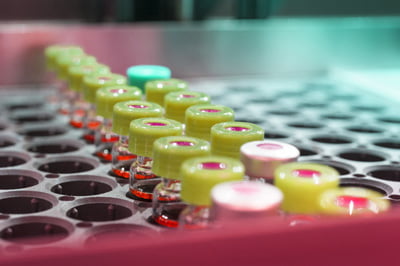NIAID awards $3.1m in grants for research into vaccine adjuvants
Posted: 5 April 2016 | Victoria White | No comments yet
Research will include studies into how combinations of adjuvants interact with the immune system, and how synergies between adjuvants can be optimised…


The US National Institute of Allergy and Infectious Diseases (NIAID) has awarded six grants totalling $3.1 million to researchers exploring the molecular mechanisms behind combination vaccine adjuvants.
The initiative will lay a foundation for vaccine developers to improve current vaccines, design vaccines for new and emerging infectious diseases and expedite vaccine research for diseases currently without preventative inoculations, like HIV and tuberculosis.
Adjuvants improve the effectiveness of many vaccines. These agents can accelerate and enhance the immune response elicited by antigens, the active components of vaccines, especially in populations with weak immune systems, such as children and the elderly. Adjuvants can also allow developers to use less antigen, which can be costly or in short supply, and create more enduring immune responses in individuals, eliminating the need for booster vaccinations. However, very little is understood about the molecular mechanisms of how individual adjuvants provide these benefits, or how they might work in combination to boost vaccine effectiveness.
Researchers to examine how synergies between adjuvants can be optimised
The NIAID-led Molecular Mechanisms of Combination Adjuvants research programme funds projects designed to shed light on how adjuvants work in combination. These adjuvants may be either in current clinical use or in development. Investigators will study which adjuvants work best together and why, how combinations of adjuvants interact with the immune system, and how synergies between adjuvants can be optimised. The research addresses goals set out in the NIAID Strategic Plan for Research on Vaccine Adjuvants, which prioritises gaining basic scientific knowledge of adjuvant mechanisms of action in order to improve vaccine research.
The six institutions that received the grants for this essential research are: Children’s Hospital Corporation, Boston; Tulane University, New Orleans; Georgia Institute of Technology, Atlanta; University of Wisconsin, Madison; University of California, Irvine; and Jackson Laboratory, Farmington.


